
TAP Air Portugal is charting an ambitious course for growth, with its sights set firmly on expanding operations in Africa and Brazil as the Portuguese government moves forward with privatization efforts.
Growth Opportunities in Key Markets
Rodrigues highlighted Brazil's immense potential, noting that tourism accounts for approximately 6% of Brazil's GDP, compared to 16% of Portugal's GDP. Africa also presents significant opportunities despite certain operational constraints. The airline's current geographic footprint spans North America, South America, Europe, and Africa, creating a diverse network that offers substantial growth potential.
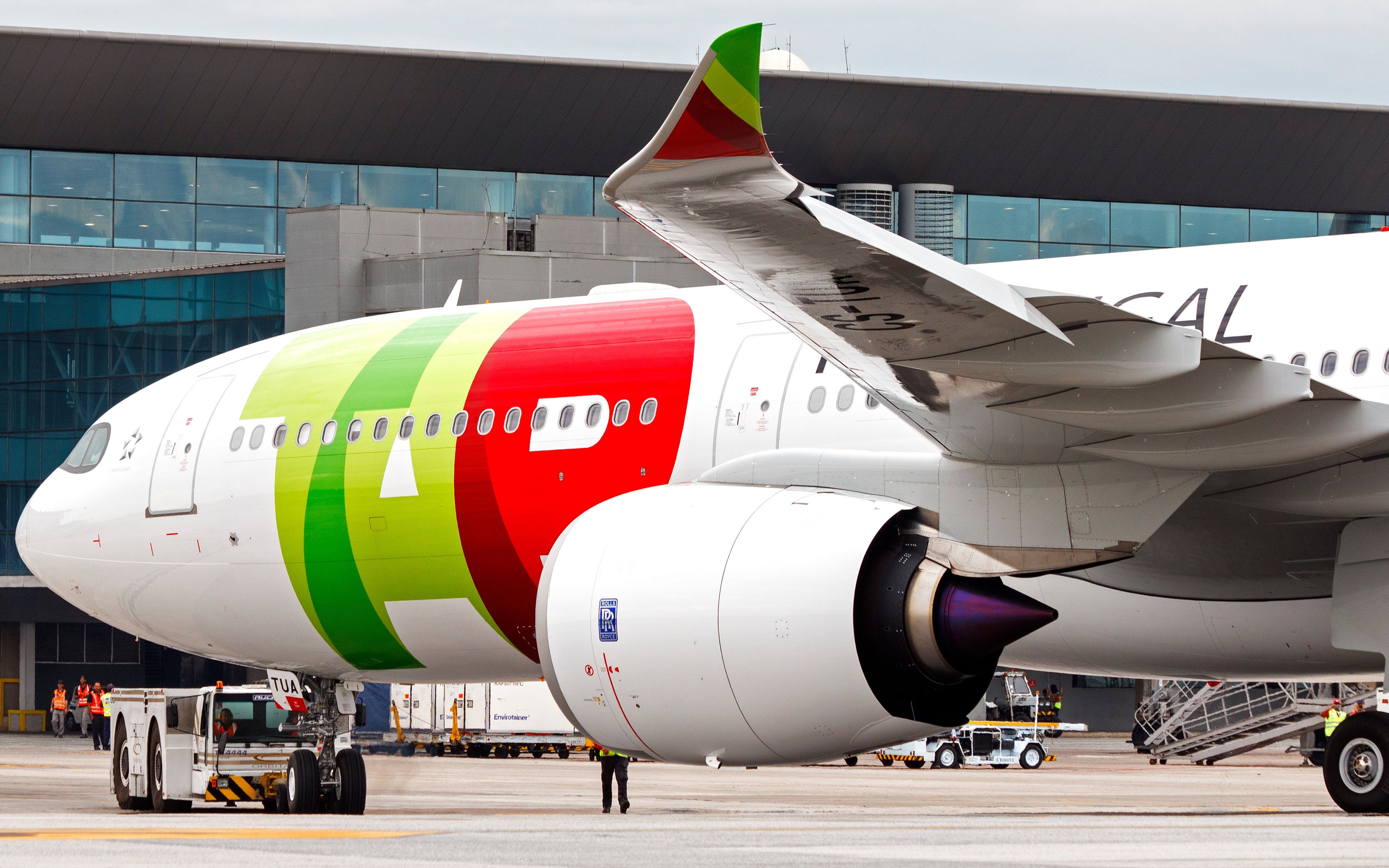
Strategic Network Advantages
These international connections create valuable visiting friends and relatives (VFR) dynamics, while Lisbon continues to serve as a crucial connecting hub between Brazil, Africa, Europe, and North America. The airline sees opportunities to streamline its geographic presence across continents, identifying potential maintenance and engineering synergies that could drive efficiency.
Privatization Plans and Implications
The Portuguese government plans to sell 44.9% of the airline to private buyers, with an additional 5% being offered to employees. Further privatization, potentially including a larger airline partner, would provide TAP with additional capital, aircraft, and marketing capabilities needed to scale its network effectively.
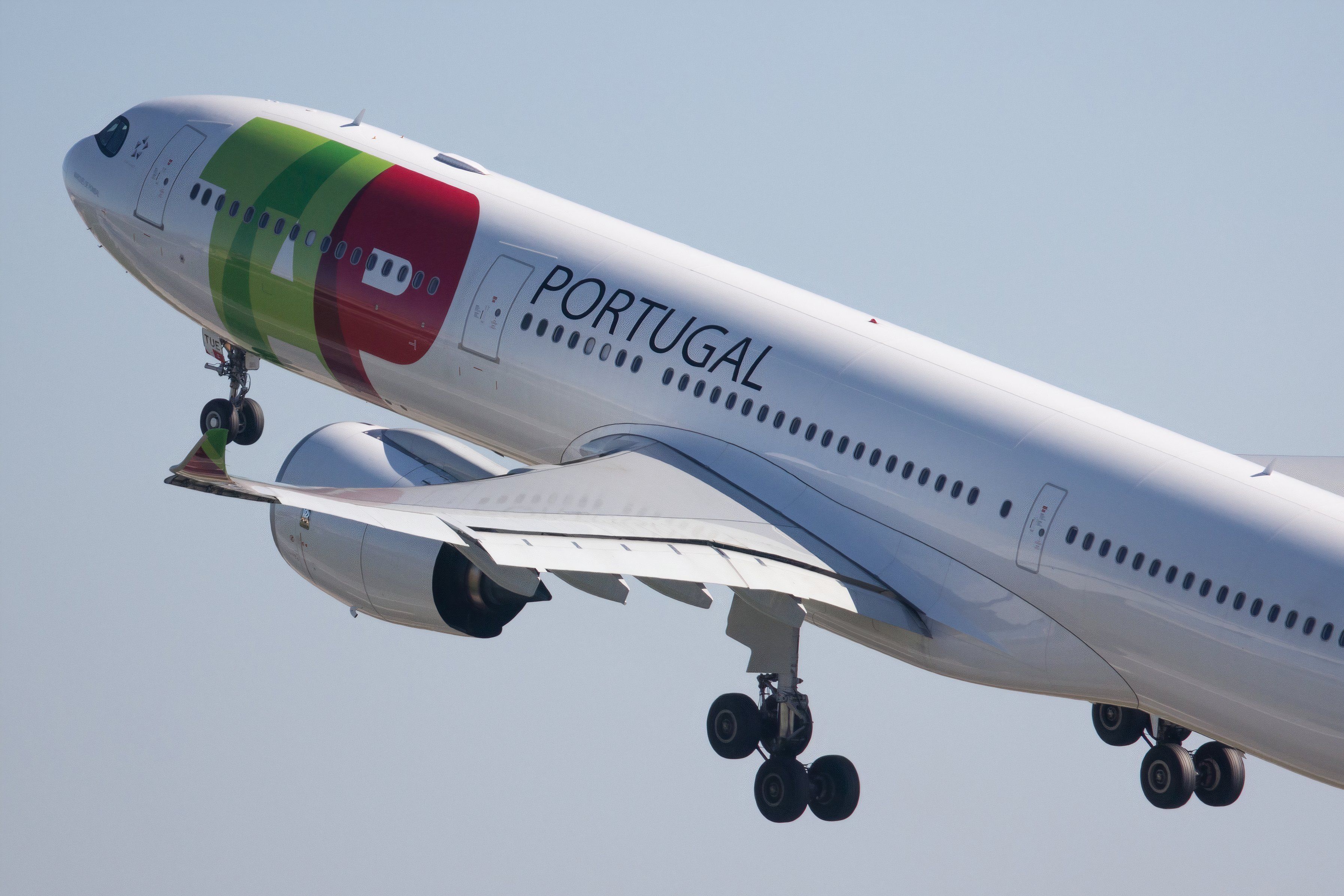
Unique Market Position
TAP Air Portugal occupies a distinctive position as a unique transatlantic linchpin. Portugal's economic standing relative to peer nations means the airline primarily serves leisure travelers, whose demands differ significantly from premium business travelers. This focus makes privatization particularly appealing, potentially transforming the carrier from a long-haul legacy airline with a unique business model into a spoke within a larger network.
Partnership Potential and Regulatory Considerations
Major long-haul operators like Lufthansa or IAG could offer passengers improved optionality through better partnerships, loyalty programs, and travel convenience. However, regulatory barriers could pose challenges, especially if the European Union seeks to prevent further industry consolidation.
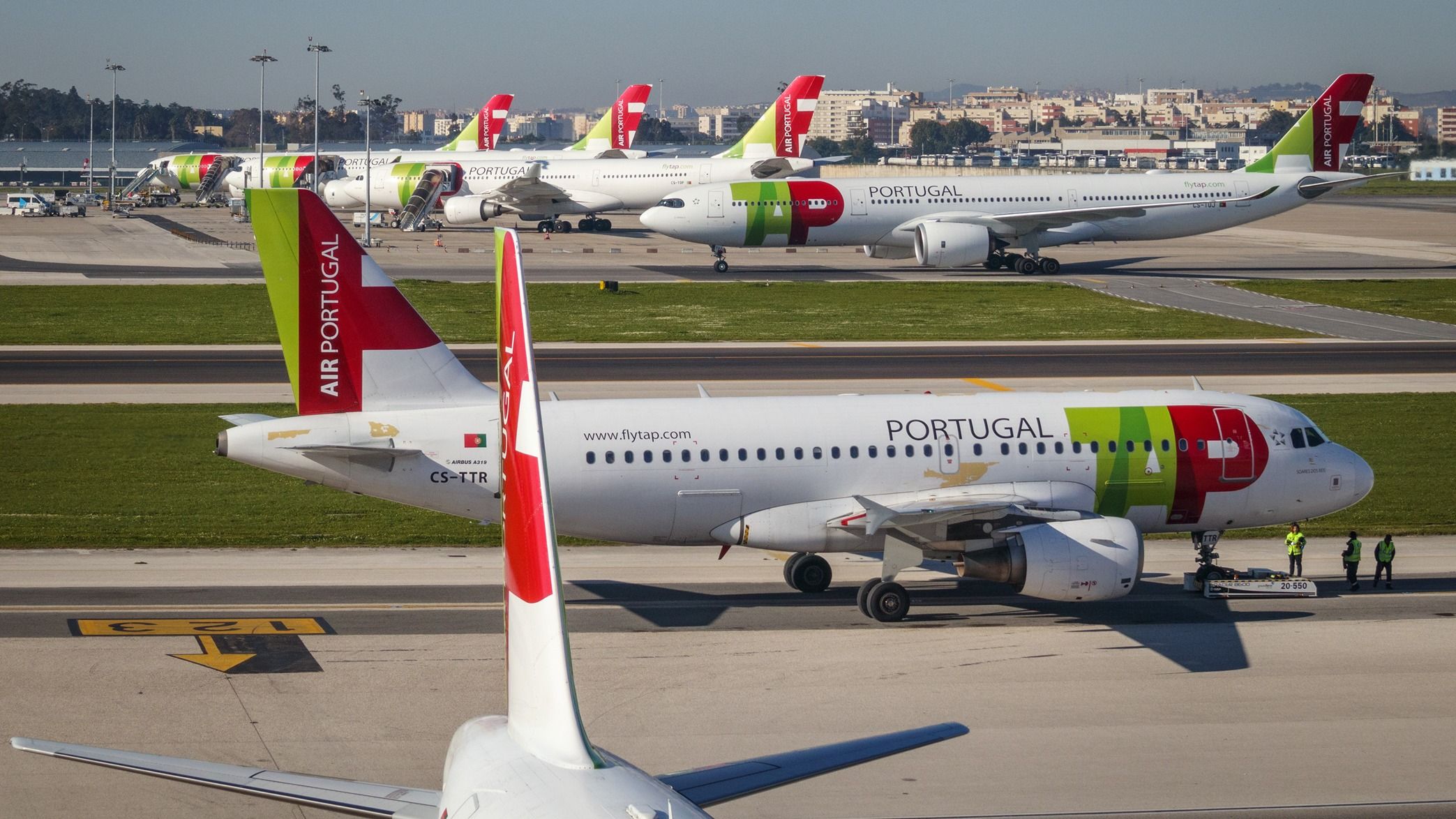
Core Mission and Challenges
At its essence, TAP Air Portugal aims to connect Portuguese and non-Portuguese speaking worlds through convenient, reliable air service. Unlike many competitors, the airline has never focused on a premium-oriented model primarily serving business travelers. The carrier faces several headwinds, including shifting travel demographics and risks associated with serving previously unserved destinations.

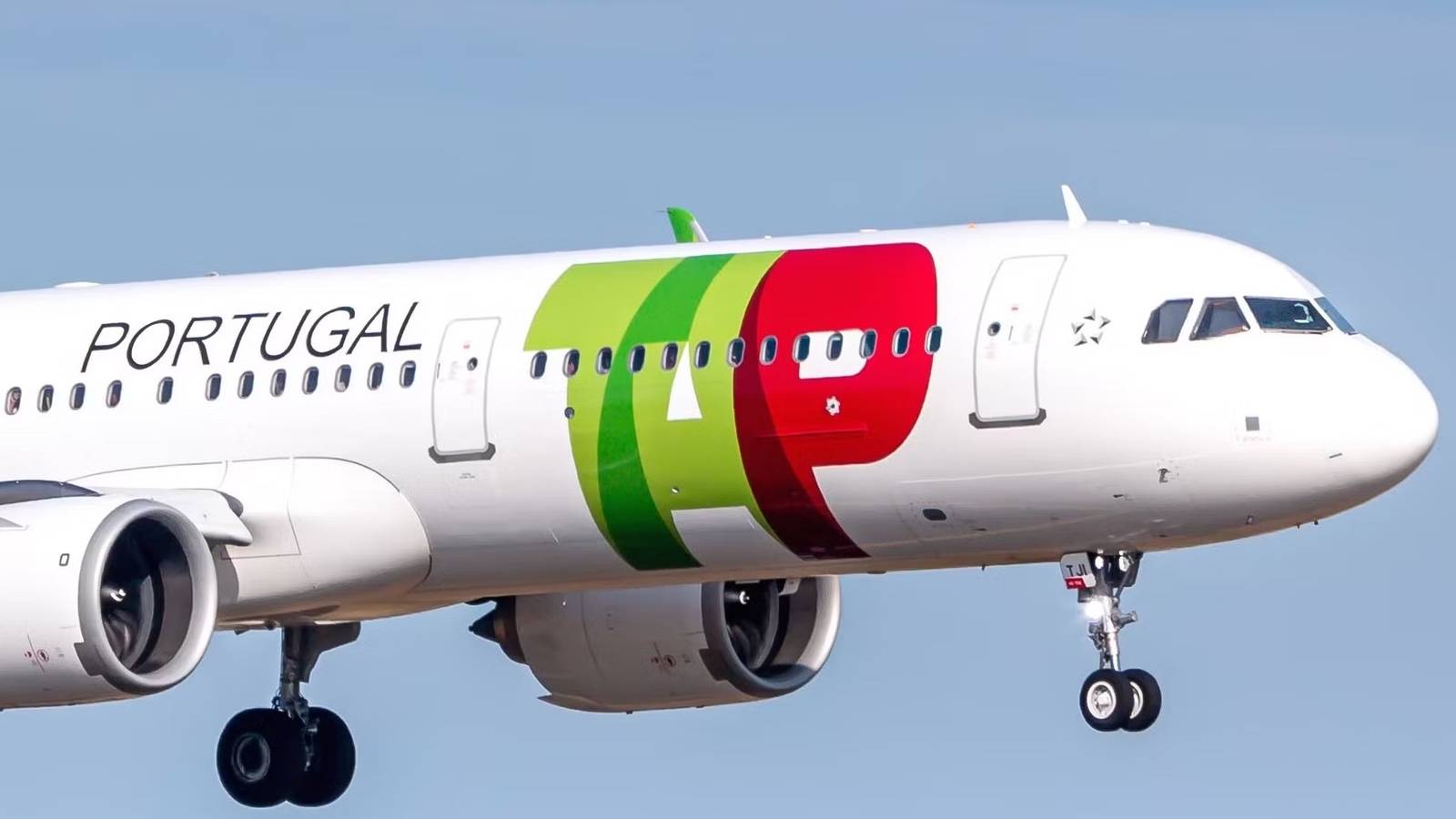

















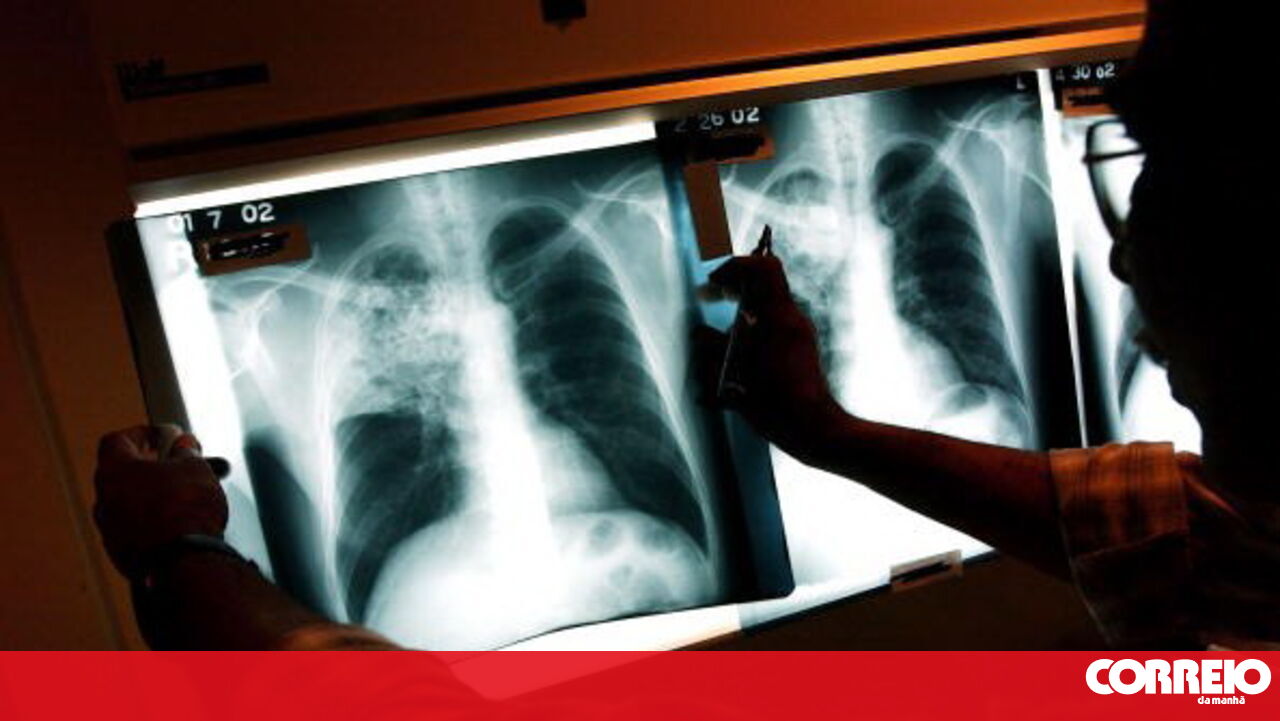
Comments
Join Our Community
Sign up to share your thoughts, engage with others, and become part of our growing community.
No comments yet
Be the first to share your thoughts and start the conversation!